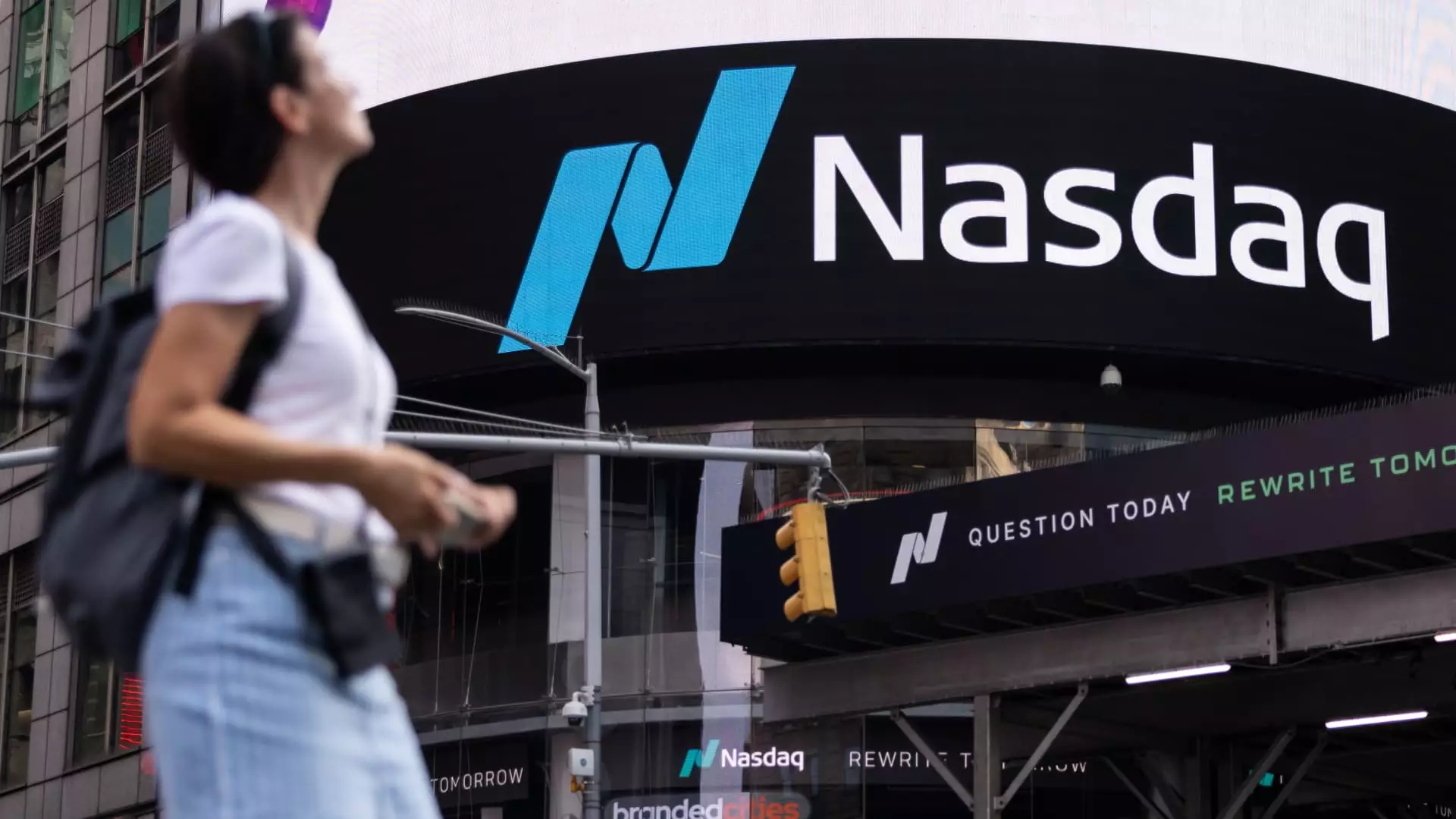In an evolving financial landscape, KKM Financial has taken a significant step by converting its Essential 40 mutual fund into an Exchange-Traded Fund (ETF). This strategic realignment reflects a broader trend among asset managers toward adopting ETF structures, which offer distinct advantages in tax efficiency and investor flexibility. The conversion speaks to a growing realization within the investment community that traditional mutual funds are often less suited to modern investment needs, particularly in light of tax implications that can negatively impact investor returns.
ETFs are generally favored in taxable accounts as they allow investors to control the timing of capital gains, a feature that is less accessible with mutual funds. Jeff Kilburg, KKM’s founder and CEO, highlighted this advantage when he noted that wealth advisors often express concerns over the capital gain distributions inherent to mutual funds. This becomes especially relevant during periods of market fluctuation, when investors may find themselves unexpectedly liable for capital gains taxes due to management actions rather than their own investment decisions.
The migration from mutual funds to ETFs has been significantly influenced by regulatory changes, particularly the SEC’s 2019 rulings that facilitated the implementation of active management strategies within ETFs. This opened the door for asset managers to innovate and offer ETFs that resemble traditional mutual funds in strategy while improving their overall tax profile. According to Strategas, the number of active equity mutual funds has plummeted to its lowest level in 24 years, indicating a pronounced shift in how investment products are structured and managed.
The interest in ETFs continues to grow, prompting a push among many in the industry to lobby for the Securities and Exchange Commission (SEC) to allow ETFs to be established as separate share classes within existing mutual funds. This would potentially enable a hybrid model that could leverage the strengths of both investment vehicles. KKM’s conversion is not just a singular event; it is a part of a larger movement where asset managers are rethinking their product offerings to better meet investor needs.
The newly minted KKM Essential 40 ETF will trade on the Nasdaq under the ticker ESN, offering a diversified and equal-weighted portfolio aimed at capturing companies essential to the American economy. Kilburg’s philosophy of “buy what you use” resonates in the fund’s composition, featuring major players like JPMorgan Chase, Amazon, Waste Management, and Eli Lilly. These companies are selected not merely for their market positions but for their perceived criticality to the stability and growth of the U.S. economic framework.
Historical performance metrics also bolster the decision to convert. The former mutual fund version of the Essential 40 achieved a three-star rating from Morningstar and showcased resilience in 2022, outperforming category averages during a challenging market downturn. Equal-weighted funds typically have a knack for outperforming market-cap-weighted indexes in bearish conditions, which could appeal to cautious investors wary of market concentration risks associated with large-cap stocks.
KKM Financial’s transformation of the Essential 40 from a mutual fund to an ETF is a striking illustration of the finance industry’s adaptive strategies in response to investor demands for greater tax efficiency and flexibility. With a net expense ratio remaining transparent and competitive at 0.70%, the Essential 40 ETF stands ready to capture interest from both existing and new investors.
As the trend of converting mutual funds to ETFs accelerates, investors should remain vigilant about the evolving landscape of investment products. The shift represents not only a response to regulatory dynamics but also an opportunity for investors to rethink their engagement with financial markets in a more tax-aware context. Moving forward, the decisions made by asset managers such as KKM will undoubtedly shape the future of investment strategies, presenting both challenges and opportunities in a fast-paced environment.


Leave a Reply